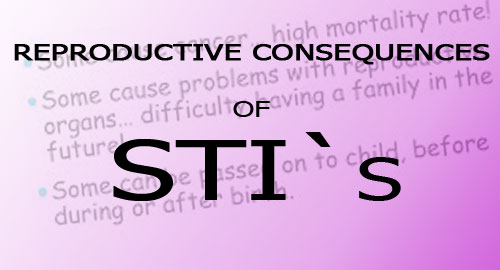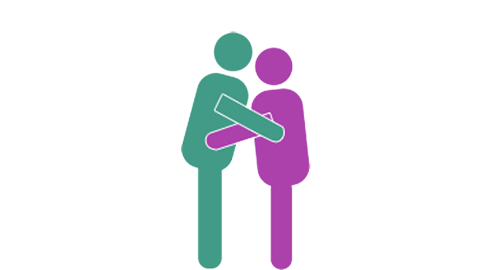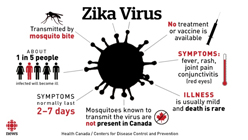If you suspect you have an STI, you shouldn’t waste any time wondering what to do. You should go straight to a sexual and reproductive health specialist, or to a gynecologist, or indeed to general practitioner and get a thorough assessment.
Read more ..... On Friday 15th January 2016, I spend nearly one hour at the GPO bus Stop in the Central Business district (CBD) Nairobi. It is part of my annual ritual to use public transport at least once to-and from CBD.
Read more ..... Mpango wa kando is a well known phrase in this city. Most Nairobians don’t need to have it spelt out. And a good number practise the trade whenever they choose, or if a chance presents itself. But therein lies a good recipe for disease.
Read more ..... Over the last few days I received many calls from various citizens concerned about the Zika virus. So far there are no reported cases in Kenya, but the relevant authorities are exercising enhanced surveillance and sharing information with global agencies. Zika virus is an emerging mosquito-borne virus that was first identified in Uganda in 1947 in rhesus monkeys through a monitoring network of sylvatic yellow fever.
Read more ..... We are well into a much rainy & cold season. This can feel pretty cold when we are used to tropical temperatures usually in the mid-20s. Cold spells have their unique health challenges, you want to keep yourself and your loved ones warm.Respiratory infections are pretty common in cold spells, and are easily passed on. The common cold and flu (influenza) are very contagious.
Read more ..... 




